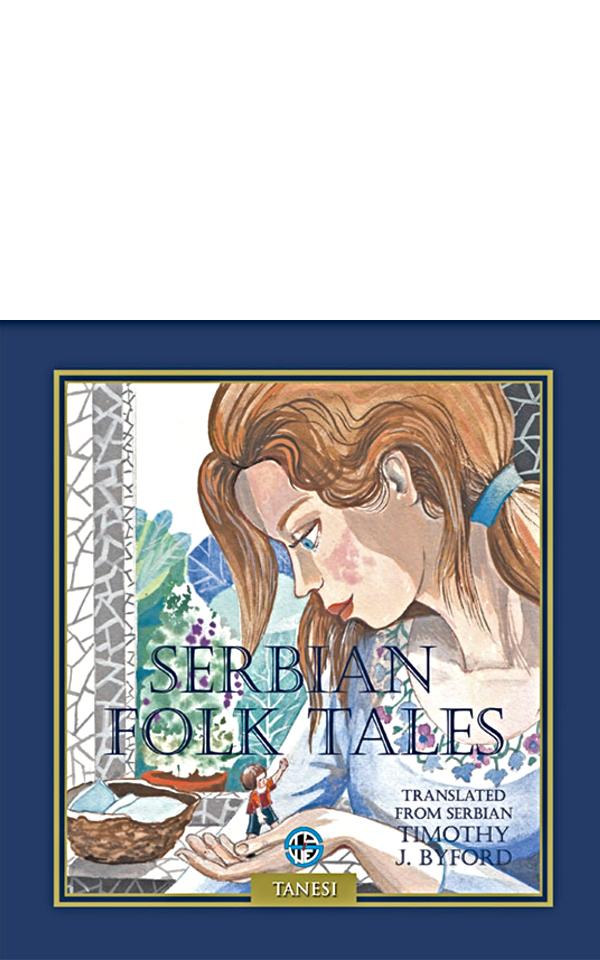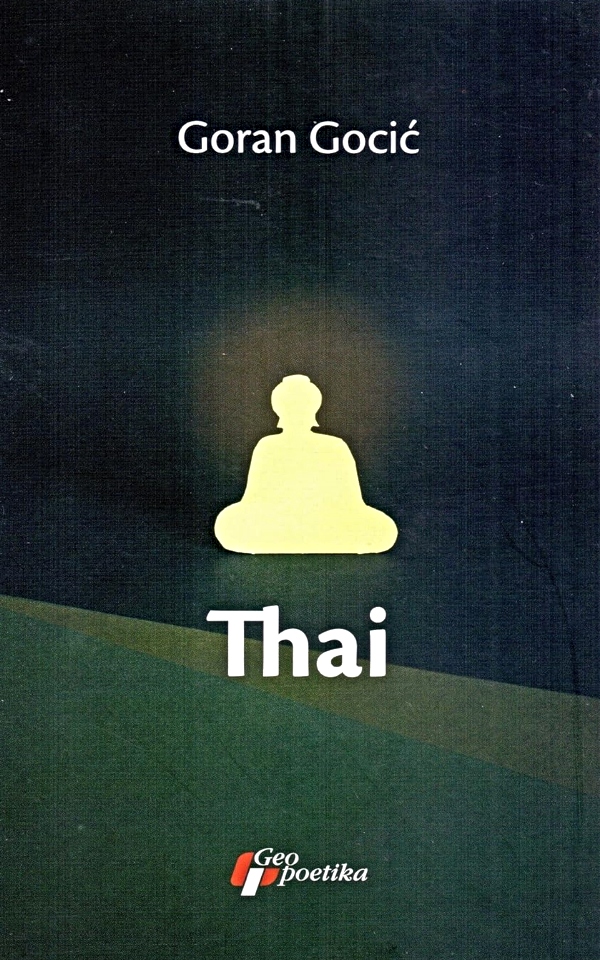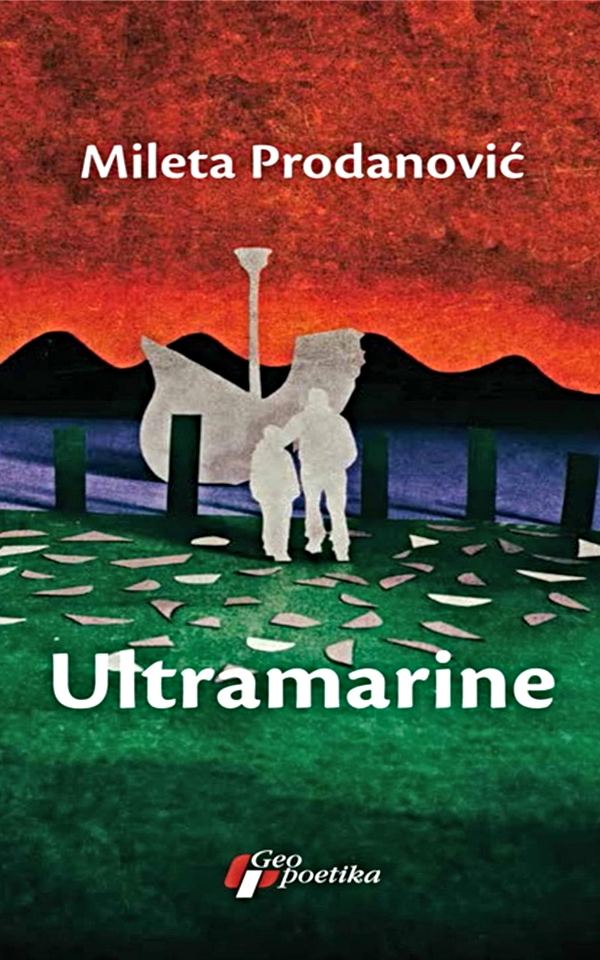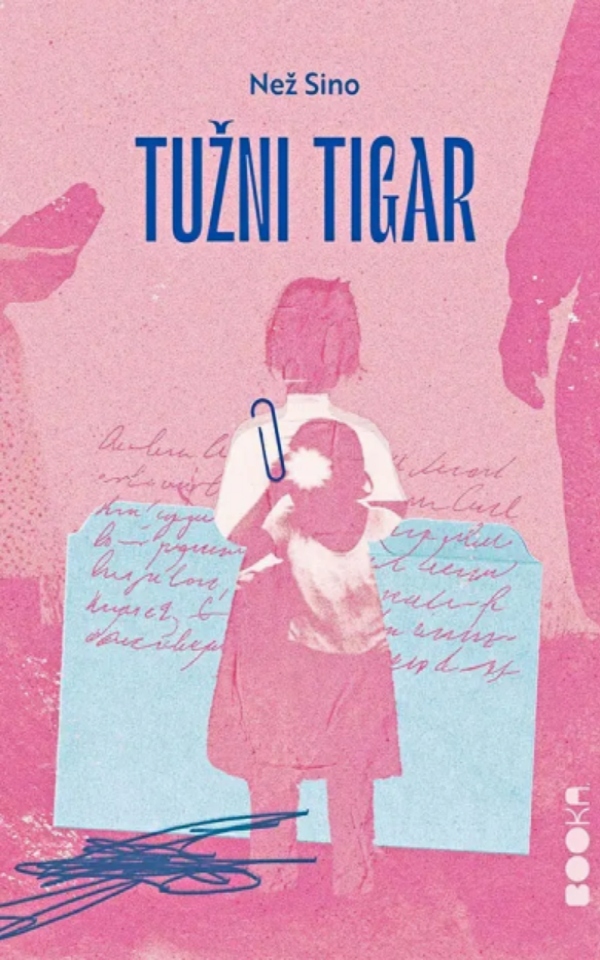|
||||||||||||||
Serbian folk tales
Originalna cena je bila: 1.540,00 din..1.232,00 din.Trenutna cena je: 1.232,00 din..
Izbor od 22 srpske narodne bajke u prevodu na engleski jezik…
Izbor: Milica Ćurčin, prevod: Timoti Bajford.
Pogovor iz knjige:
The works of Vuk Karadžić (1787–1864), extensive and versatile, are essential when defining our national language and the literature written in our national language. As an author, he described national life, national customs and the history of the Serbian people.
He was born in the village of Tršić near Loznica into a family which, in the first half of the 18th century, had come from old Herzegovina, where folk songs and other oral conceptions had been fostered. Collecting together national brainchilds, he demonstrated that true Serbian poetry is not that which had been created by learned people for a limited circle of specialists, but the poetry that had appeared and lived among the people and he held that in future all literature should develop on these foundations.
In Serbia there were many opponents to these ideas, among them the most powerful people of his time. After the suppression of the First Serbian Uprising against the Turks (1804–1813) he went to Vienna, where he lived and published his most important works. Vuk’s collection of folk poems, published under the title of Serbian Folk Poems, consists of four books (1841, 1846, 1846, 1862). He published a book of national proverbs in 1836 and a book of folk tales in 1821 and 1853. With the first edition of the folk tales he also published a small collection of national riddles. Vuk was also the first Serbian lexicographer. His Serbian Dictionary (1852), making use of German and Latin words, contains about 47,000 words collected from a wide language area, and represents an encyclopaedia of Serbian national life. His translation of the New Testament was published in 1847.
Although he was challenged by his own people at home, abroad Vuk Karadžić achieved the recognition and support of the most eminent European intellectuals. Among these were the greatest German poet Goethe and the brothers Jacob and Wilhelm Grimm, whom he visited in their home in Berlin. Thus it happened, according to Wilhelm Grimm, that on one occasion Vuk, in the company of a lady, “to everyone’s satisfaction told a beautiful Serbian fairy tale.” His idea to write a complete Serbian history of modern times did not come to fruition – instead he gave his research to the German historian Leopold Ranke, who, on the basis of this and his collaboration with Vuk, wrote the famous work The Serbian Revolution (1829), by means of which Europe became familiar with the Serbian people and its history.
Vuk understood folk tales to be those folk creations in prose which appeared from no one knew where or when, and which had been thought up and told by unknown authors, and then remembered and passed on by word of mouth. He succeeded in giving them a lasting written form, so that “the erudite could read them and the simple listen to them”, as he himself said. He saved them from oblivion and preserved them as a valuable literary inheritance.














